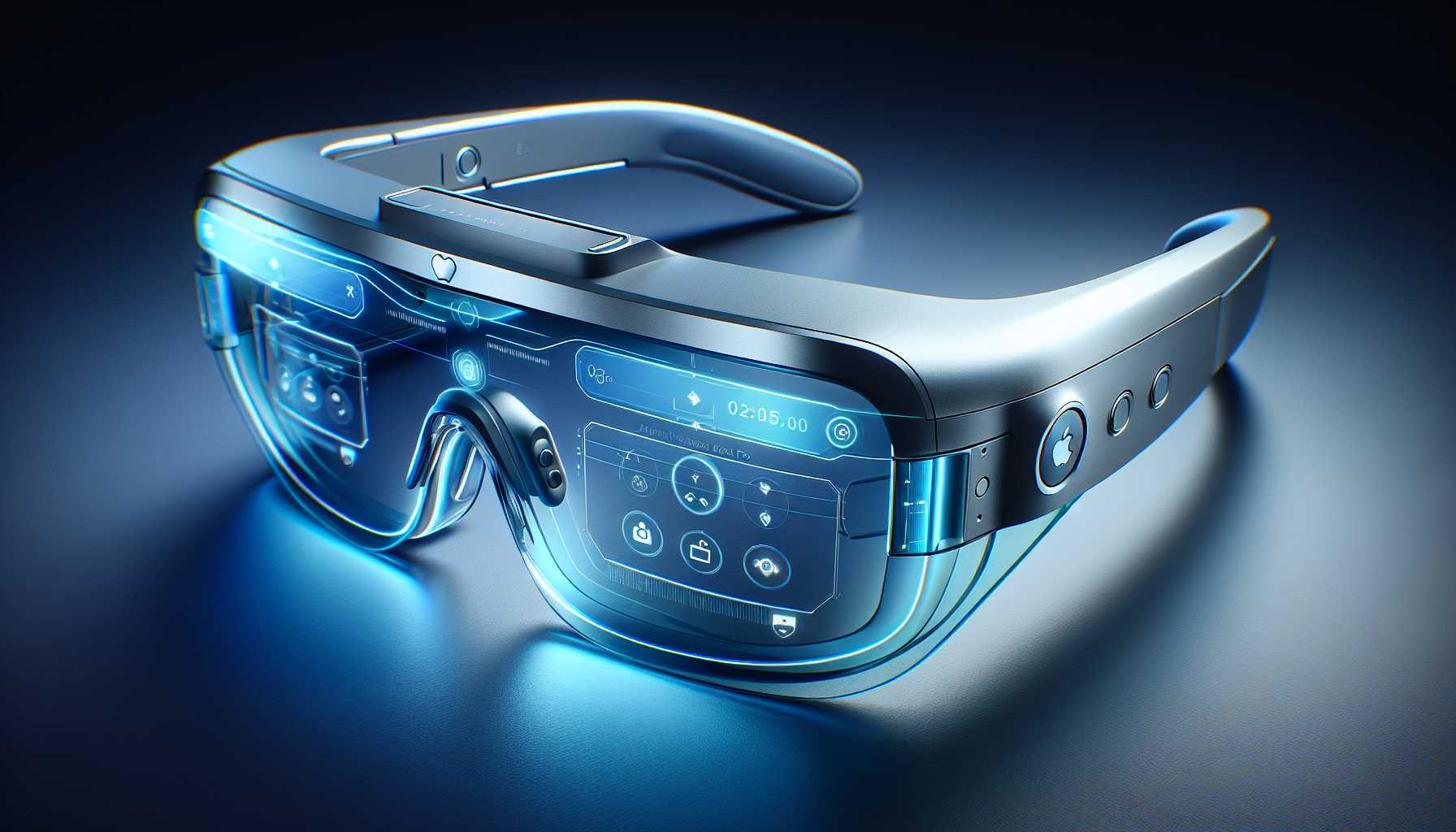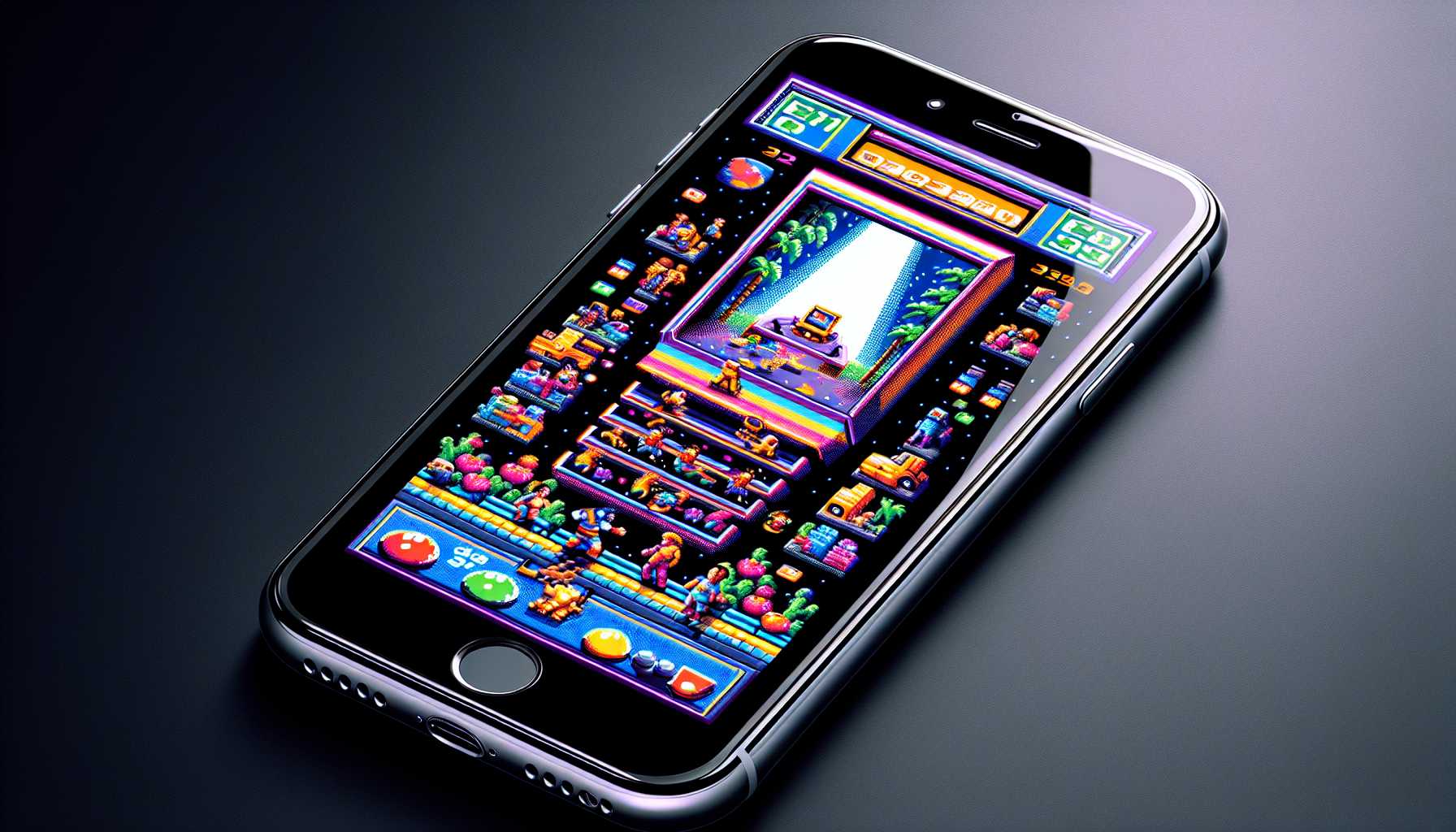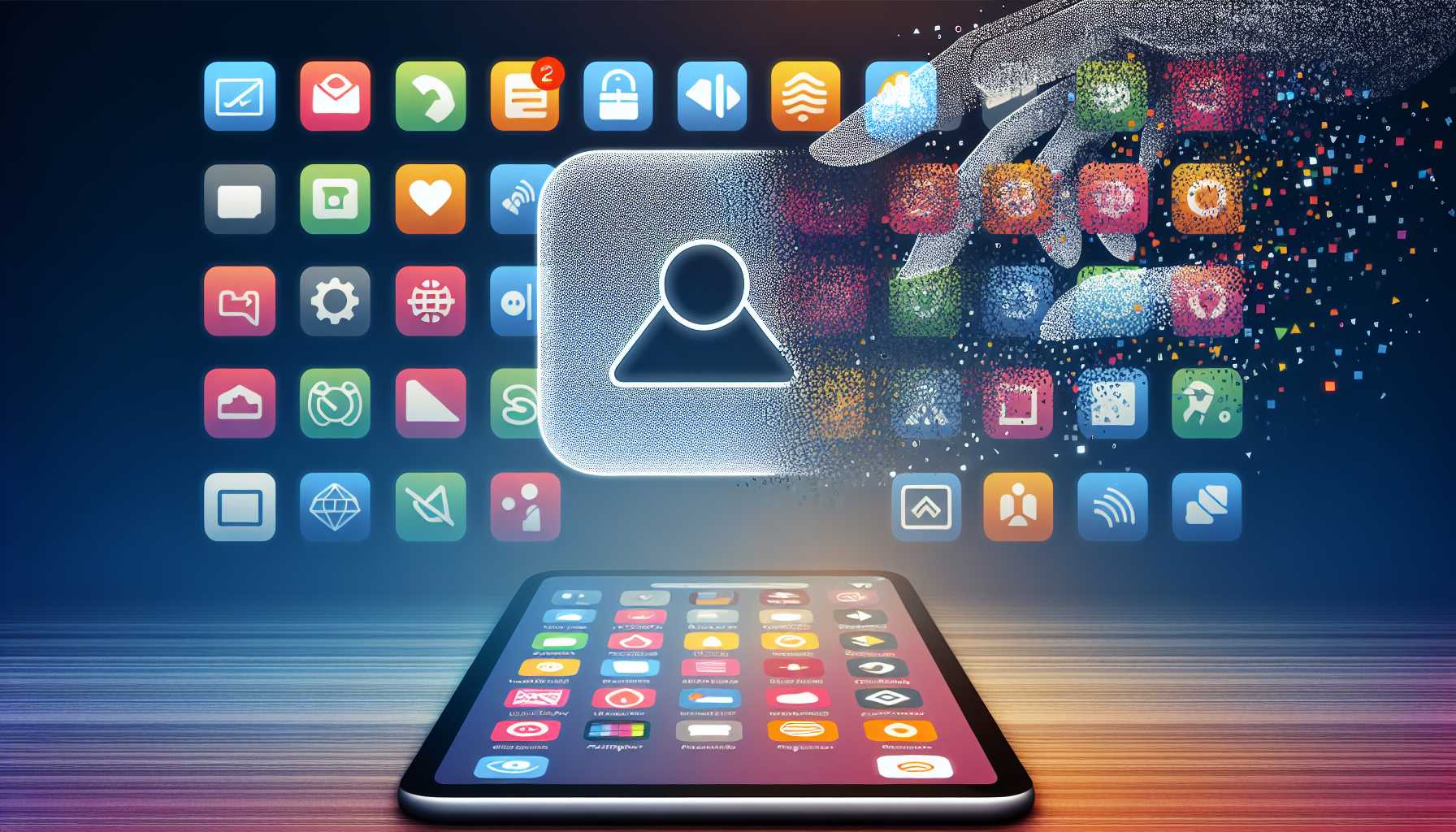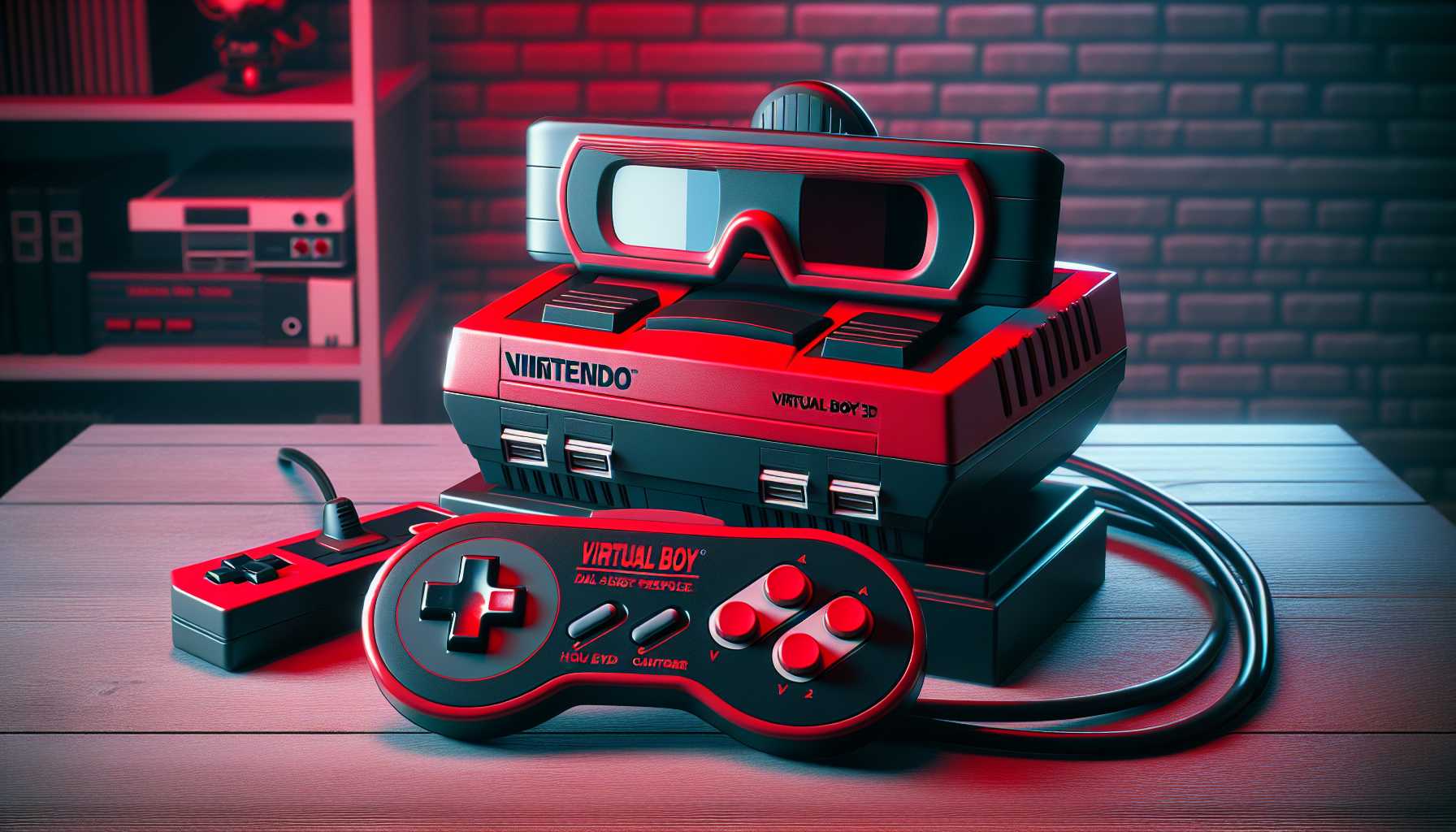The Apple Vision Pro Hype Train Slows Down: A Face-Computer’s Reality Check
Imagine carrying your computer on your face, peering through lenses that paint your reality with digital brushstrokes. The Apple Vision Pro promised us this sci-fi future, a bet on the augmented vista over the traditional screen. Yet, months into its release, the buzz seems as if it’s had a touch of a reality distortion field, one that’s diminishing rather than expanding.
As a tech enthusiast and investor, my bullish stance on augmented reality (AR) and virtual reality (VR) remains unshaken. The first time virtual realms came to me through the lenses of a prototype that would become the Microsoft HoloLens, I knew there was no turning back. But I must admit, Apple’s latest foray into face-computers, the Apple Vision Pro, has seen its hype dissolve faster than anticipated.
The Pro moniker, accompanied by the accompanying Pro price tag and a lukewarm response from developers, hasn’t helped its cause. Even with the apple of the tech world’s eye on its side, it has struggled to remain a hot topic since launch. The dim details of its success—or lack thereof—leave much to ponder, with mixed reviews and a fervent hope that Apple, alongside contenders like Meta, don’t retire their efforts.
Revival of Retro Gaming on iOS: A Policy Shift Welcomes Emulators
Switching gears from futuristic spectacles to retro joys, Apple has once again made headlines by altering its App Store policies, opening the gates for game emulators. After years of Android envy, iOS users can finally download emulator apps like Emu 64 XL and iGBA, heralding a new era of gaming nostalgia on Apple devices. No longer are fans forced to sideload or use clunky workarounds to relive the classics of Commodore 64 and GameBoy.
This pivot may well be Apple’s strategic maneuver amidst mounting pressure from regulatory bodies and lawsuits alleging anticompetitive practices. While the legality of emulators hovers in murky waters—after all, they don’t own the rights to the games they emulate—the move signals a softer stance on third-party developers and a nod towards inclusivity in a marketplace known for its iron grip.
Apple’s App Store Antics: Balancing Developer Freedom and Revenue
Not all that glitters in Apple’s orchard is gold, as tensions with developers like Epic Games continue to roil. At the heart of it lies a court injunction that allowed app developers to direct users to external payment systems, an attempt to break free from the towering App Store fees. However, Apple’s response, delineated in their January policy revamp, seems more of a tightrope act. Though they did allow linkage to external purchases, they crafted a framework replete with Apple approvals and commissions slicing through the potential gains.
Epic, on its part, isn’t mincing words, labeling Apple’s move as a “sham.” The big fruit maintains that they’ve adhered to the letter of the injunction. Still, in doing so, they’ve created a convoluted environment that, while technically offering a choice, keeps the final say (and a significant cut) under their domain.
Emulating a False Start: Apple’s Quick Draw on Game Emulators
The enthusiasm for legally grey retro gaming emulators was short-lived for some, as Apple expedited their policy of emulation acceptance by removing one of the popular kids on the block: the iGBA emulator. The reason? It appeared iGBA was a knockoff—not of Nintendo’s revered titles, but of an older emulator, GBA4iOS.
This swift action underlines that while Apple may be softening its stance, it has zero tolerance for IP violations and spammy behavior. Interestingly, while Emu64XL, another emulator, continues to enjoy its App Store presence, the debate on emulation ethics remains. Apple’s policy amendment is clearly a complex one, with a need for clarity and care to avoid the pitfalls of IP battles and the backlash of disappointed gamers.
Understanding Vintage Failure: Nintendo’s Virtual Boy Perspective
Surveying the history of gaming brings us to another tale—one of vintage failure that offers rich insight into the tumultuous adventures of tech innovation. The poorly received Nintendo Virtual Boy is a cautionary narrative, a story that speaks of daring risks that don’t always pay off. Yet, Zagal and Edwards’ upcoming book, “Seeing Red: Nintendo’s Virtual Boy,” challenges the dismissive critique of the gadget, highlighting it as a bold and sincere effort to break the mold of stagnant gaming experiences, rather than a mere gimmick.
In the world of tech, the Virtual Boy represents a lineage of innovation, a reminder that history is littered with bold attempts that often set the foundation for future triumphs, even if they themselves languish in the annals of commercial failure. It’s a testament to the spirit of tech evolution—one where risks are taken, and where the direction of the future is an ill-defined road with many turns.
In conclusion, as we span from the ambitious projections of face-computers to the nostalgic indulgence of retro gaming, the Apple ecosystem continues to oscillate between progress and reflection, innovation and regulation. These shifts not only impact the technology we use but also the very fabric of the industry, dictating a future that’s as uncertain as it is exciting. Whether in the realm of AR glasses or the simple pleasures of classic games, the tech terrain is rife with lessons learned and opportunities seized. Here’s looking to a future full of potential, where our monitors become relics, and the digital chalkboards of yesterday transform into the wearable canvases of tomorrow. Now, hit play on this blog post, and let’s continue our journey of unraveling the marvels and pitfalls of tech’s ambitious tango





